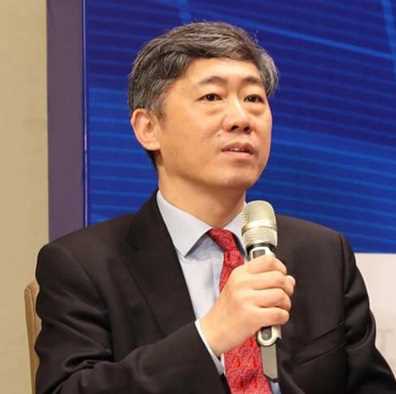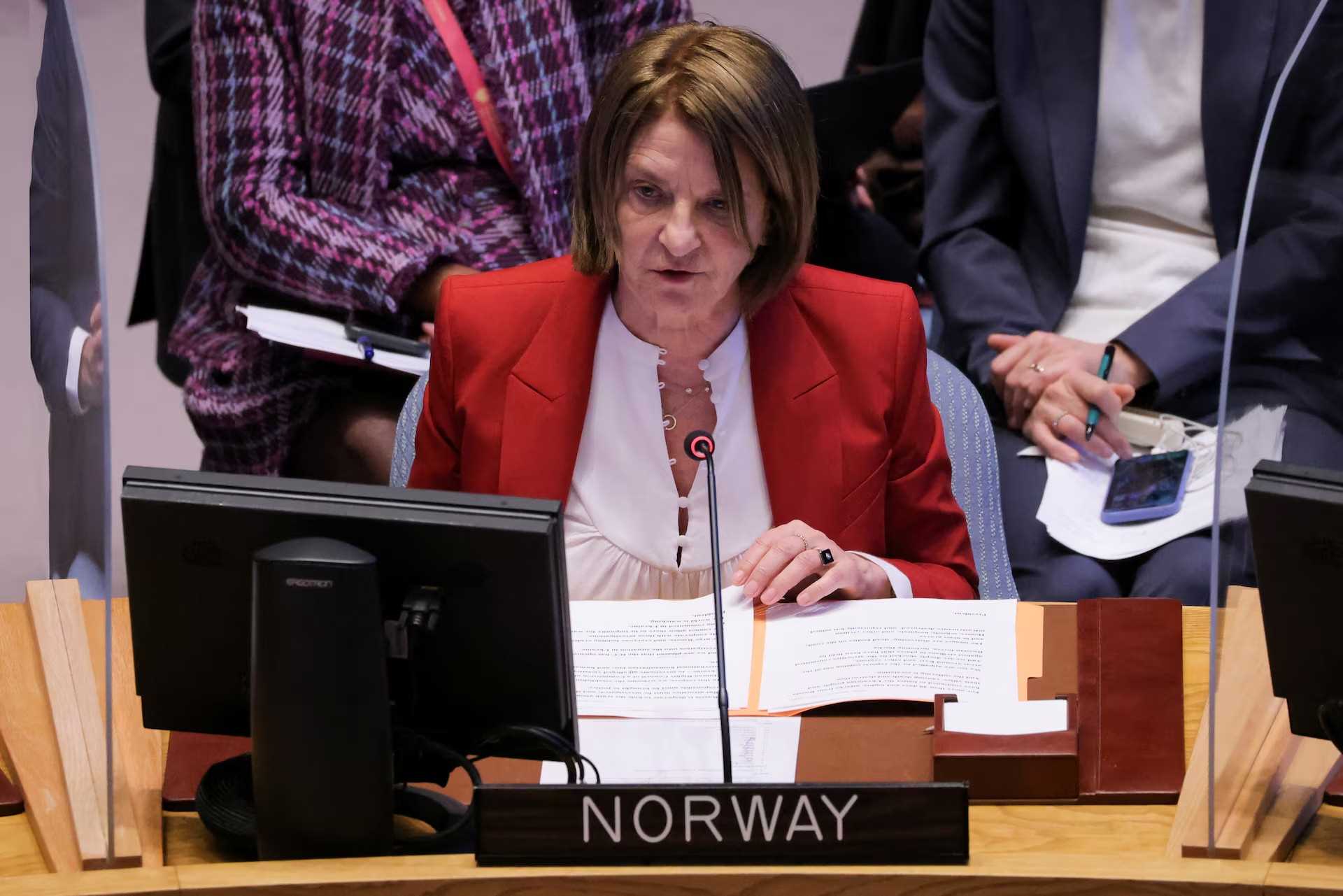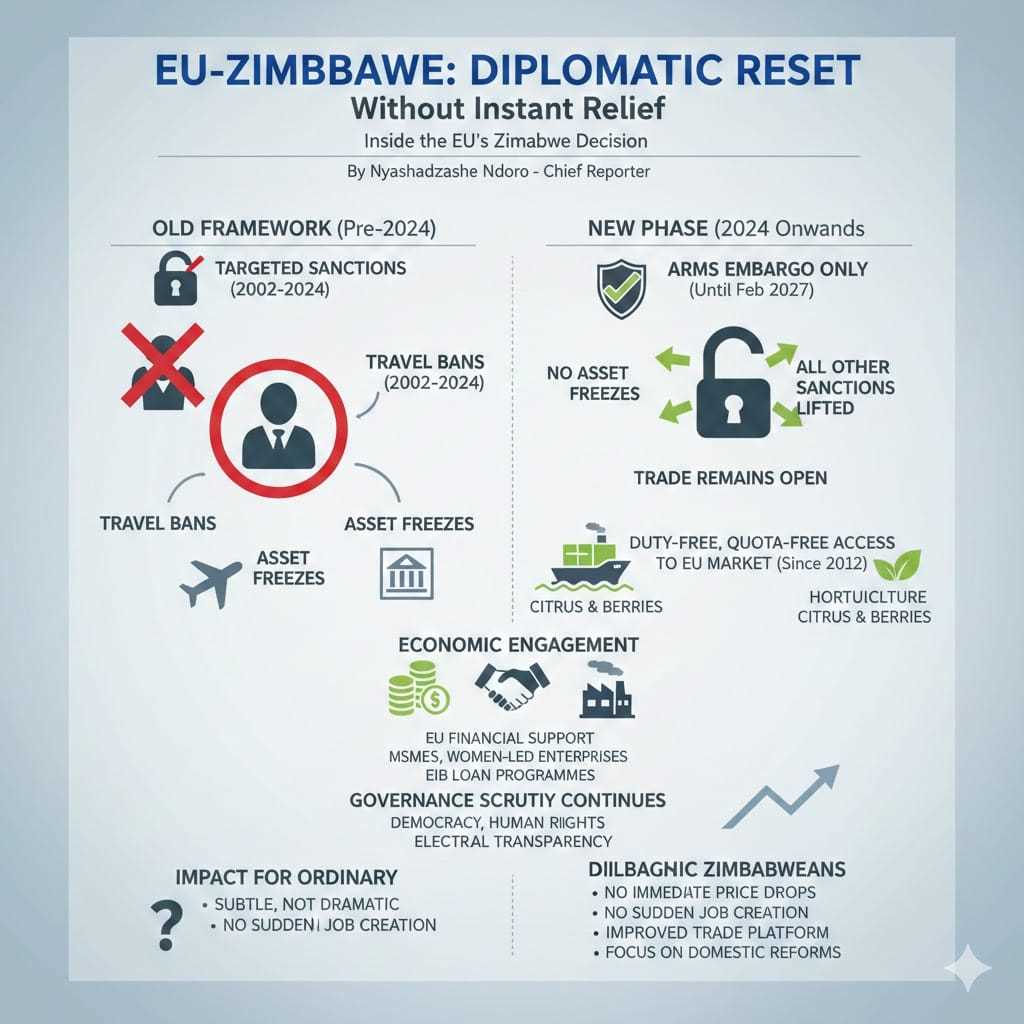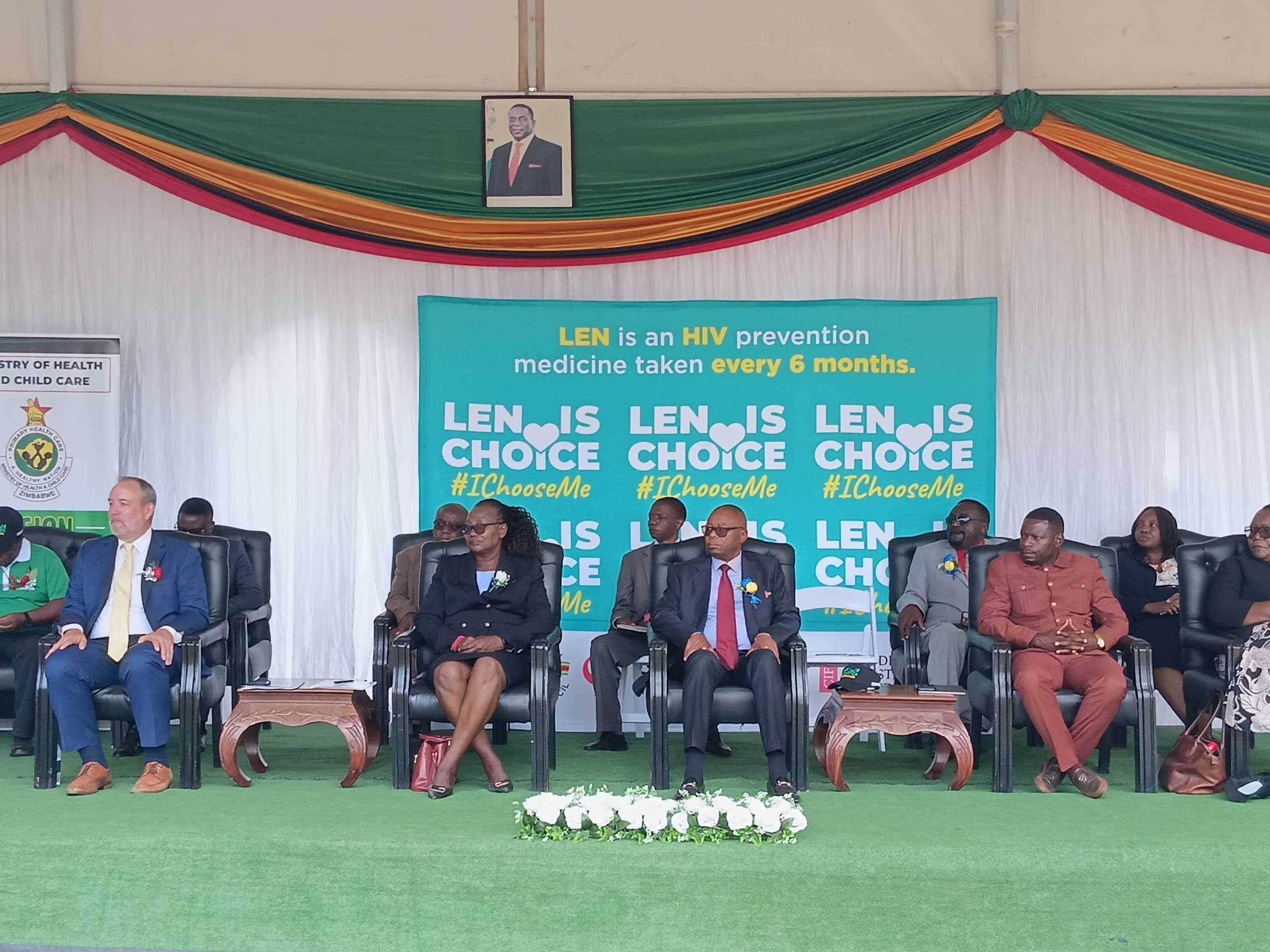
Monica Cheru- Managing Editor
Beijing- An economic expert at China’s Tsinghua University has said that China’s long game will help it to weather US President Donald Trump’s global disruptions.
“Trump is already facing internal pressures in addition to the external ones. The US stocks are not performing well, and America is a place where people understand business. So, I say China must continue to be patient,” said Professor Li Daokui.
The dean of the Institute for Chinese Economic Practice and Thinking at Tsinghua University was speaking to journalists at a media engagement at the Beijing International Club this Thursday.
China’s economy is set to take a knock along with most other countries in the world as US president Donald Trump takes a protectionist stance manifesting in tariffs against friend and foe alike.
Professor Li said that China’s trajectory towards quality development cannot be derailed and predicts robust growth for the Chinese economy in 2025, saying the second-largest economy in the world can rely on its own domestic market for stability.
“I said it at the end of 2025, and I will say it again: China’s economy will perform way better in 2025 than in 2024,” said Professor Li.
Related Stories
He was responding to a question from Zim Now managing editor Monica Cheru as to whether China is prepared for the possibility that Trump might trigger a world recession and an arms race as well as reduce China’s share of US Treasury bills and thereby take away China’s ability to keep the yuan at a rate favorable for its exports.
In a related development, Chinese President Xi Jinping met with representatives of the international business community at the Great Hall of the People in Beijing this Thursday.
President Xi pointed out that multilateralism is the only choice for addressing global challenges and economic globalization is an unstoppable trend of history and that multinational companies play an important role and bear significant responsibility for maintaining the global economic order.
He said they are expected to safeguard the multilateral trading system, maintain the stability of global industrial and supply chains, protect the international environment for openness and cooperation, and advance economic globalization in the right direction.
More than 40 global chairmen and chief executive officers of foreign businesses as well as representatives of business councils attended the meeting. President of the FedEx Corporation Rajesh Subramaniam, Chairman of the Board of Management of Mercedes-Benz AG Ola Källenius, Chief Executive Officer of Sanofi SA Paul Hudson, Executive Director of HSBC Holdings Plc. Georges Elhedery, President of Hitachi Ltd. Toshiaki Higashihara, president of SK Hynix Inc.; Kwak Noh-jung, president of Saudi Aramco; and Amin Nasser, president of Saudi Aramco, spoke at the meeting.
Professor Li also defended China’s target of increasing university enrollment from the current +60% even though rising unemployment among young people is becoming a problem.
He said investment in quality production and demand would create quality employment, while other measures like internships with state and local authority institutions would ensure that graduates are immediately absorbed into the workforce while being groomed for other opportunities.
“An award-winning study I led established that for every yuan invested in infrastructure development, there is a return of 5% down the line, whereas the same investment in education will give a 24% return on investment in the same space of time, so you can never go wrong with education,” he said.
This is a response that fits into current social discourse in Zimbabwe centering on whether there is still any value in education when people with no known education achievements like Wicknell Chivayo, Walter Magaya, and Passion Java appear to be the only ones making it big.




















Leave Comments